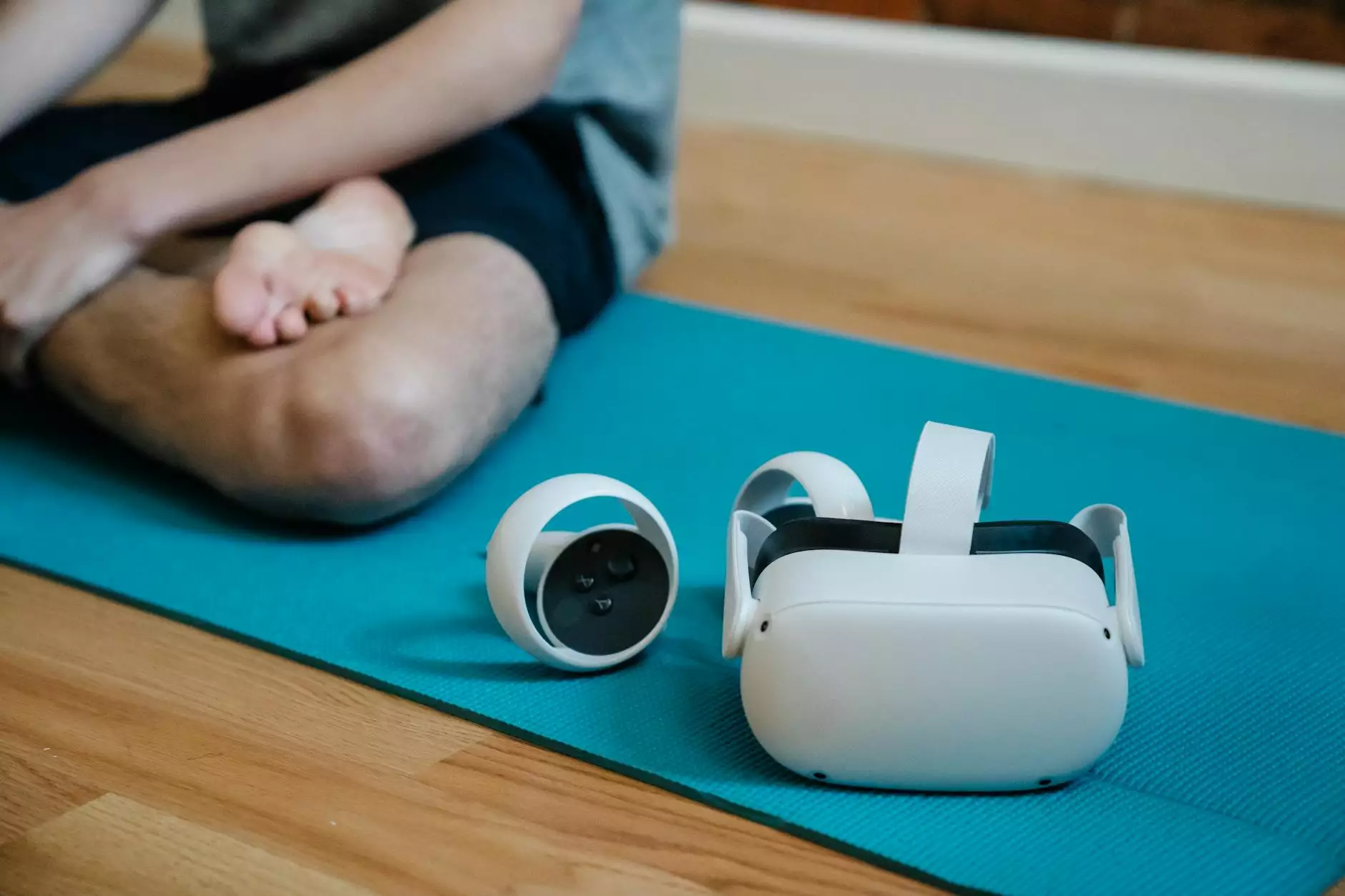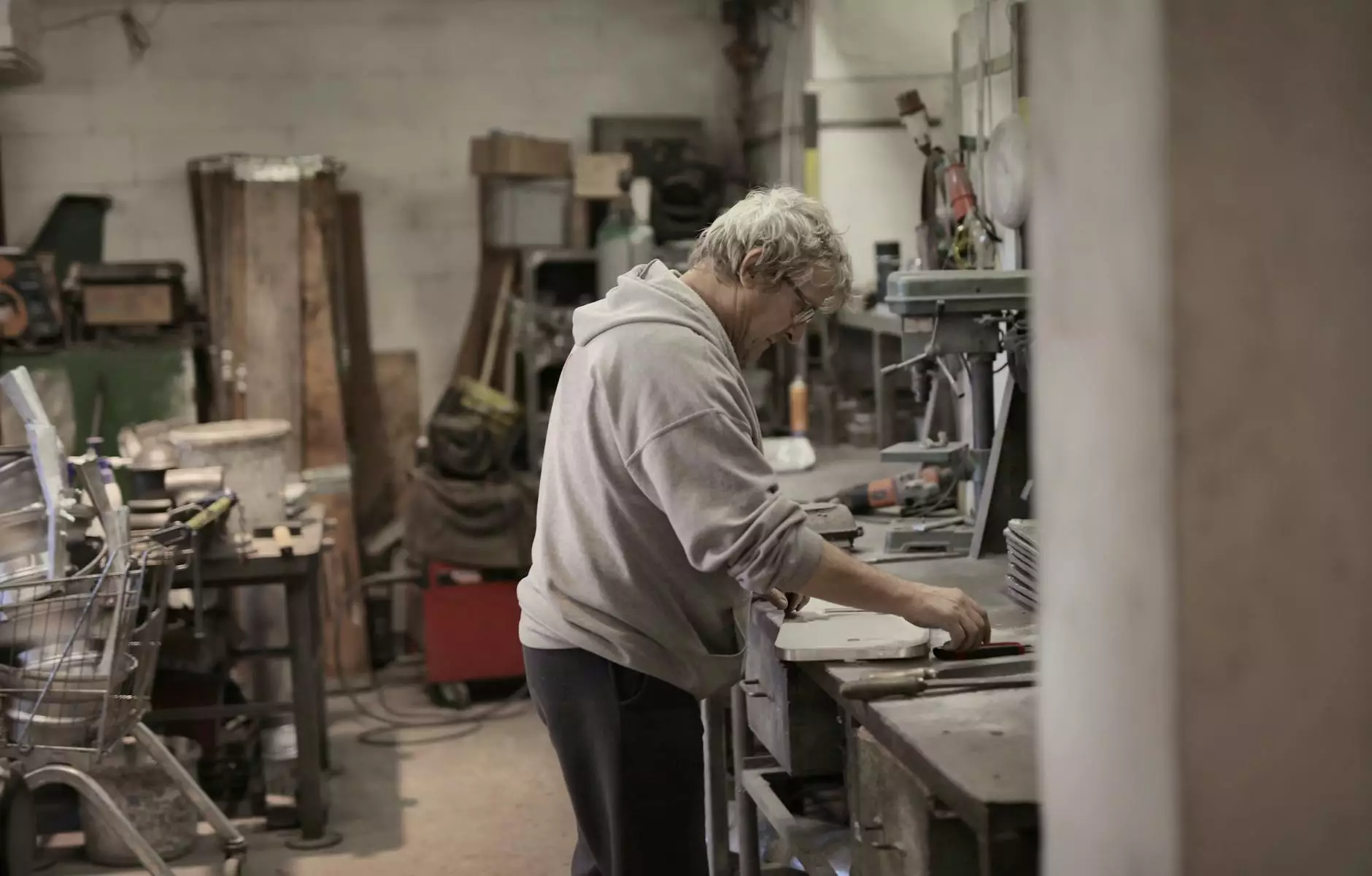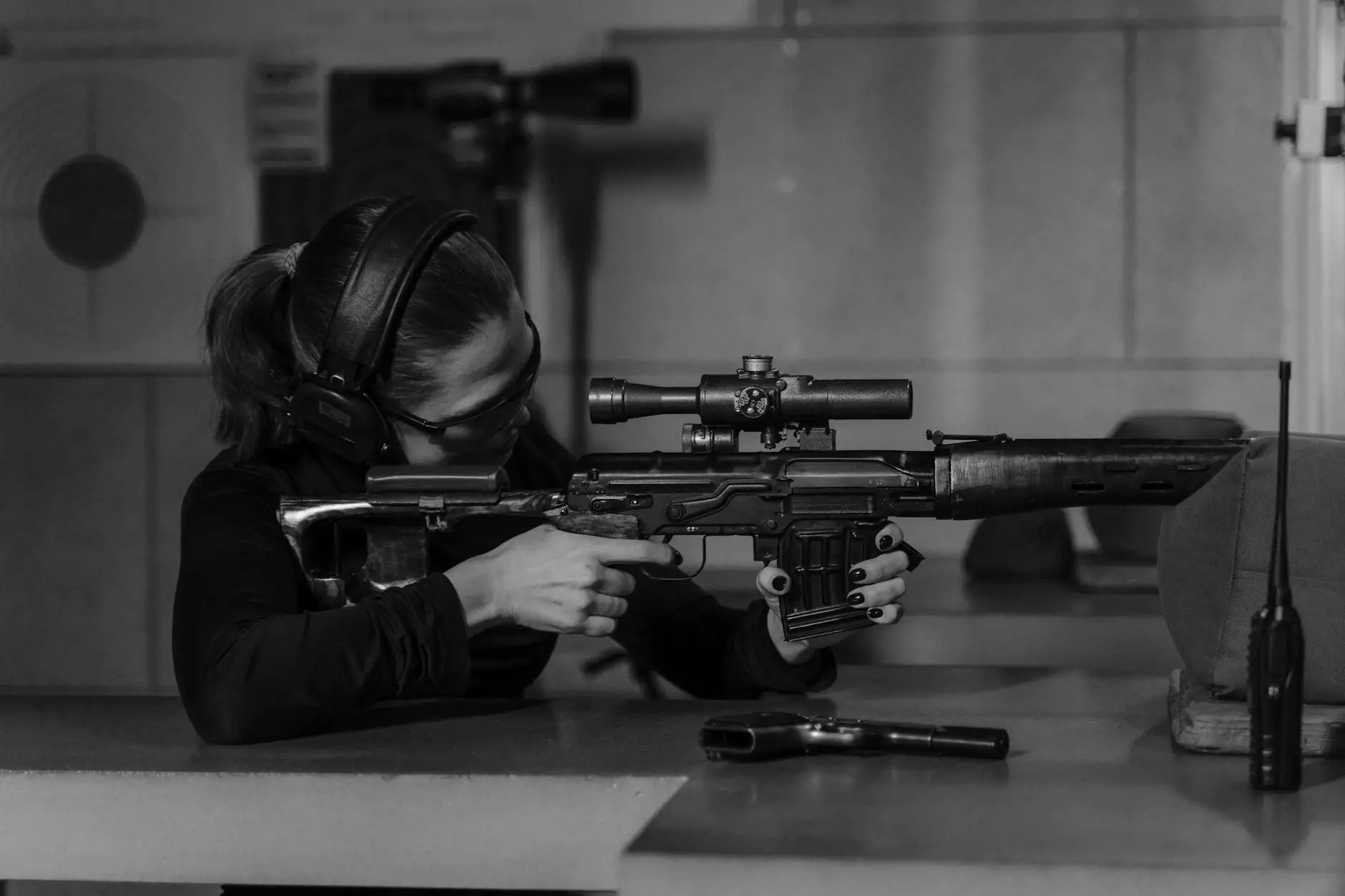The Power of Virtual Reality in Medical Student Training

Virtual Reality (VR) is revolutionizing the way medical education is delivered, providing an immersive and interactive experience for students like never before. Businesses in the Education and Virtual Reality Centers sectors are leveraging this innovative technology to enhance learning outcomes and prepare the next generation of healthcare professionals. One key area where VR is making a significant impact is in medical student training.
Enhancing Learning Through Immersive Experiences
Virtual reality allows medical students to be transported to realistic healthcare scenarios that mimic real-life situations. By wearing a VR headset, students can immerse themselves in surgical procedures, patient consultations, and medical simulations. This hands-on approach enhances their understanding of complex medical concepts and procedures in a way that traditional textbooks and lectures cannot match.
Benefits for Students and Educators
For students, VR offers a safe environment to practice medical procedures without the risk of harming real patients. It helps them develop critical skills such as decision-making, communication, and teamwork. Additionally, educators can customize VR simulations to cater to the specific learning needs of individual students, providing a personalized and engaging learning experience.
Driving Innovation in Medical Education
Businesses in the education and virtual reality sectors have a unique opportunity to collaborate and drive innovation in medical education. By developing cutting-edge VR applications and simulations, these businesses can support medical schools and training programs in adopting immersive learning technologies. This collaboration paves the way for a more interactive, engaging, and effective approach to medical student training.
The Future of Medical Training with VR
As technology continues to advance, the potential of virtual reality in medical education is limitless. From improving surgical skills to enhancing diagnostic abilities, VR is reshaping the way healthcare professionals are trained. Businesses that embrace this transformative technology are not only contributing to the advancement of medical education but also positioning themselves as leaders in the field of immersive learning.
Conclusion
Virtual reality is a game-changer in medical student training, offering a powerful tool for educators and students alike. Businesses in the education and virtual reality sectors have a significant role to play in harnessing the potential of VR to revolutionize medical education. By investing in VR technologies and collaboration, these businesses can empower the next generation of healthcare professionals and drive innovation in the field.
Join us at ROT Studio to explore the endless possibilities of virtual reality in medical student training and experience the future of medical education.
vr in medical student training








